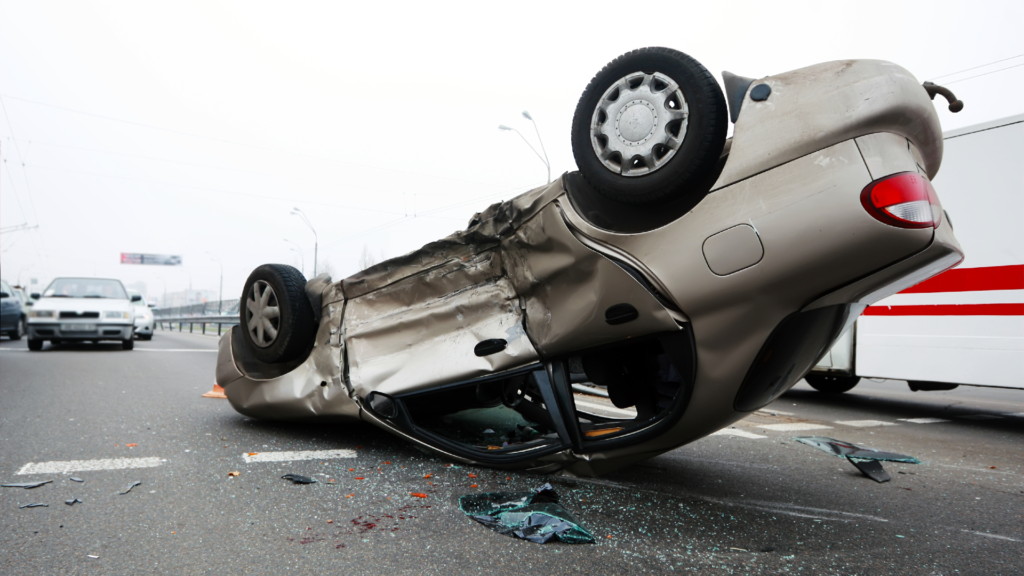Personal Injury Lawyers
Over the past few weeks, the National Highway Traffic Safety Administration (NHTSA) has initiated numerous investigations into the practices of various automakers and has even issued “do not drive” orders for certain vehicles as a result of ongoing safety hazards. All too often, motorists are under the impression that if a particular recall doesn’t affect a model they own, the recalls don’t matter to them. In reality, the intensity of recent recall efforts and the breadth of issues that they address should matter to everyone on the road.
Sharing the Road
As an experienced car accident lawyer can confirm, the cause of a crash doesn’t always rest with each motor vehicle operator involved. There are many collisions that occur simply because something went wrong with one vehicle or another. The great equalizer when it comes to matters of safety is that everyone is compelled to share the road.
Let’s say that you’re incredibly proactive about safety. You have set up recall-related Google alerts to let you know when anything of significance related to safety is happening with the manufacturer of your vehicle. You spend the money and effort to safely maintain your vehicle. And you drive with a genuine regard for the safety of others. These are wonderful traits and it cannot be overstated that everyone should approach driving in the ways that you do.
And yet, while you’re traveling down a busy road on any given day, the vehicle to your left, right, forward, or backward directions could be the subject of a recall. If the operator of the recalled vehicle either isn’t aware of the safety issue affecting their car or hasn’t yet acted on the information they’ve been alerted to, you could be at risk of real harm simply because there are unsafe vehicles operating nearby.
Remaining informed
Two of the most recent NHTSA actions have involved investigating Kia for roughly 87,000 examples of a headlight-related hazard and issuing “do not drive” orders for certain Honda models due to extremely dangerous defective airbag issues. These examples represent the spectrum of what recall efforts and safety-related oversight can achieve.
On the one end, the NHTSA’s efforts have both alerted the public to concerns with a headlight-related hazard that causes affected lights to become stuck on a particular brightness. The agency’s investigation into the manufacturer of those lights will ultimately either lead to it being held accountable for some kind of negligence or it will simply bolster the reality that if manufacturers provide consumers with faulty products, those manufacturers should expect to be investigated and scrutinized in the press.
On the other end, the NHTSA’s “do not drive” orders take the idea of a recall to its extreme. When a situation is so dire that failure to respond to a recall could lead to catastrophic bodily harm or death, the agency responsible for minimizing that risk needs to tell motorists to get off the road.
By remaining informed about the NHTSA’s efforts – even if you just Google “NHTSA” once every few weeks and engage in a good scroll – you’ll be better informed about issues that could impact your safety directly and/or indirectly.
